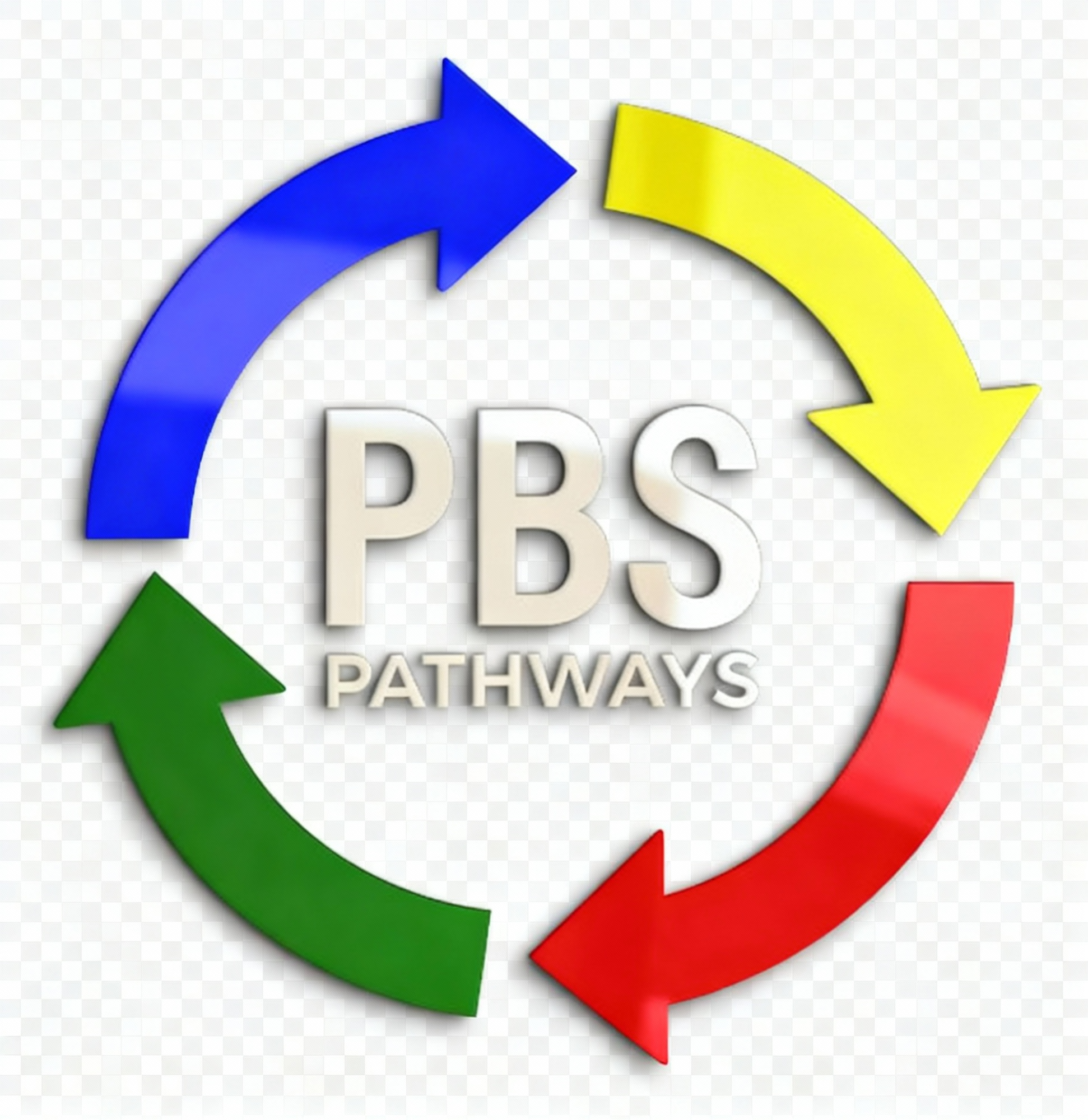COURSES
INDUCTION COURSE
2-DAY INDUCTION
COURSE
Course aims and objectives
Module 1:
Behavioural Thermometer Pathways
- To introduce and describe slow burns and fast burns as a behavioural concept.
- To describe the Behavioural Thermometer.
- To gain an understanding of behavioural, emotional, cognitive, neurological and physical changes of the Behavioural Thermometer.
- To reflect on our own behaviour pathways.
- To describe the four stages of behaviour and 4 areas of PBS planning.
Module 2:
Brain Pathways and Neuro-Divergence and Differences
-
To understand the Neurological pathways that enable us to respond rather than react to different challenges.
-
To understand Sensory pathways.
-
To identify how these pathways can become overloaded the higher up the behavioural thermometer we are.
-
To understand the impact of neuro-divergence, neuro-diversity and co-occurring conditions on the Brain Pathways and why this can lead to a response in our behavioural thermometers.
-
Module 2 is tailored to the diagnosis/needs of the person/ people supported.
Module 3:
Proactive Working & Positive Behavioural Support Pathways
-
To introduce different types of proactive working & strategies.
-
To Describe Positive Behavioural Support.
-
To understand what the functions of behaviour are.
Module 4:
Differences in Skill Development & Retention
- To be aware of differences in communication skills and the impact on the behavioural thermometer.
- To be aware of differences in task completion skills and the impact on the behavioural thermometer.
- To be aware of differences in social skills and the impact on the behavioural thermometer.
Module 5:
Identifying Slow & Fast Burners, the early warning signs of an
escalation in the behavioural thermomotor and strategies to cool
the behavioural thermometer
- To identify Antecedents to behaviour.
- To recognise early warning signs that a person is moving away from baseline mood and behaviour
- To identify and successfully implement strategies that can help to de-escalate the situation.
Module 6:
Teaching of Personal Safety Pathways
- To learn the principles of keeping yourself and others safe when a situation is escalating.
- To learn techniques that will help to protect yourself and others and regain personal space and safety.
Module 7:
Behavioural Thermometer Crisis & Effective Responses
- To understand how people may experience crisis when their behavioural thermometer over heats.
- To understand what Effective Responses are.
- To explore the experience of staff, witnesses and people targeted and emotional responses when supporting a person in Behavioural Thermometer crisis.
- To identify ways of managing staff’s Behavioural Thermometer.
Module 8:
Positive Culture Pathways
- To understand how toxic cultures grow in support services leading to abuse of vulnerable adults and children.
- To identify how to identify and respond to toxic cultures.
- To understand the importance of promoting a positive culture of support.
Module 9:
Health & Safety Pathways
- To identify the warning signs that the physical safety of the person being held is at risk
- To describe Health and Safety Pathways of Holding when supporting a person in Behavioural Thermometer
crisis.
Module 10:
Legal & Ethical Pathways
- To understand, be aware of the legal, ethical and professional considerations regarding the use of physical intervention.
- Identifying different types of restrictive practices and restraint reduction strategies.
Module 11:
Teaching of Supportive Holding Pathways
- To learn the principles of safe use of supportive holding of person in crisis on their Behavioural Thermometer.
- To consider teamwork during supportive holds.
- To consider effective communication between staff and person being held during supportive holds.
- To learn supportive holding techniques.
Module 12:
Recovering from Behavioural Thermometer Crisis
- To identify when the person has begun to recover from the crisis and understand how the person may be feeling.
- To understand how to support recovery from behavioural thermometer crisis.
Module 13:
Reflective Practice and Restraint Reduction Pathways
- To identify and understand the importance of reflective practice in the reduction of future behavioural incidents and reduction of restrictive practices.
Module 14:
Theory Quiz and Learner Assessment
- To assess knowledge of participants.
- To give verbal and written feedback of participants performance in relation to knowledge of theory content, practical skills and values and attitudes.
Module 15:
Teaching of Advanced Supportive Holding Pathway
- To learn the principles of safe use of supportive holding of person in crisis.
- To learn supportive holding techniques.
- To further understand the use of the Dynamic Risk/Communication/ Supportive Holding/ Emergency release Pathways.
- To demonstrate the application of CPR and use of AED in emergency situations.

Induction Course
Induction Course
Read the course outline for our 2-day Induction Course

Refresher
Refresher Course
Read the course outline for our 1-day Refresher Course

Advanced
Advanced Course
Read the course outline for our 1-day Advanced Course
Get started
today
Ready to train and develop your staff? Contact us today and see how PBS Pathways can help.
